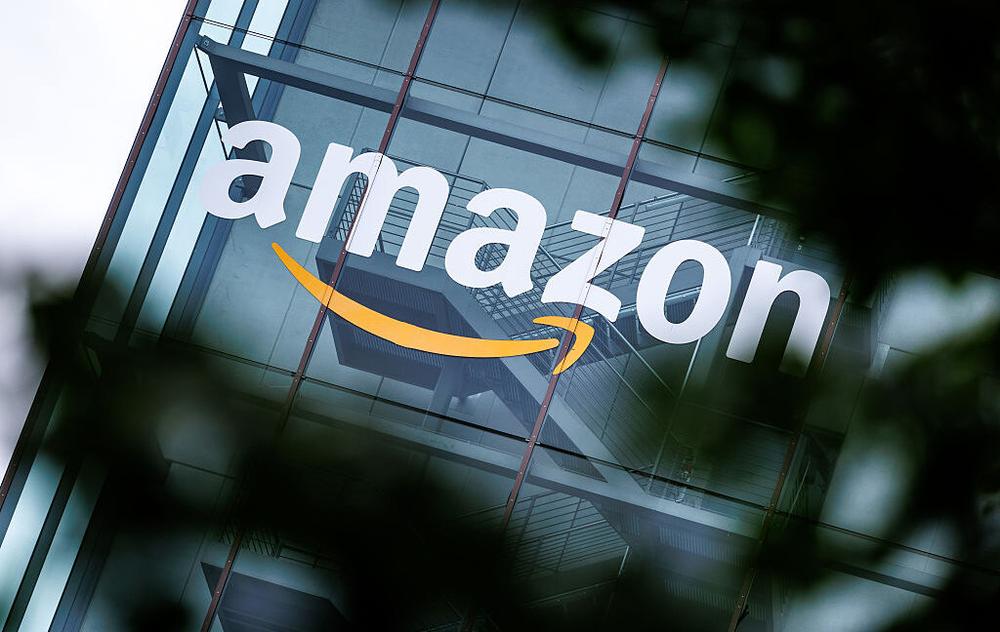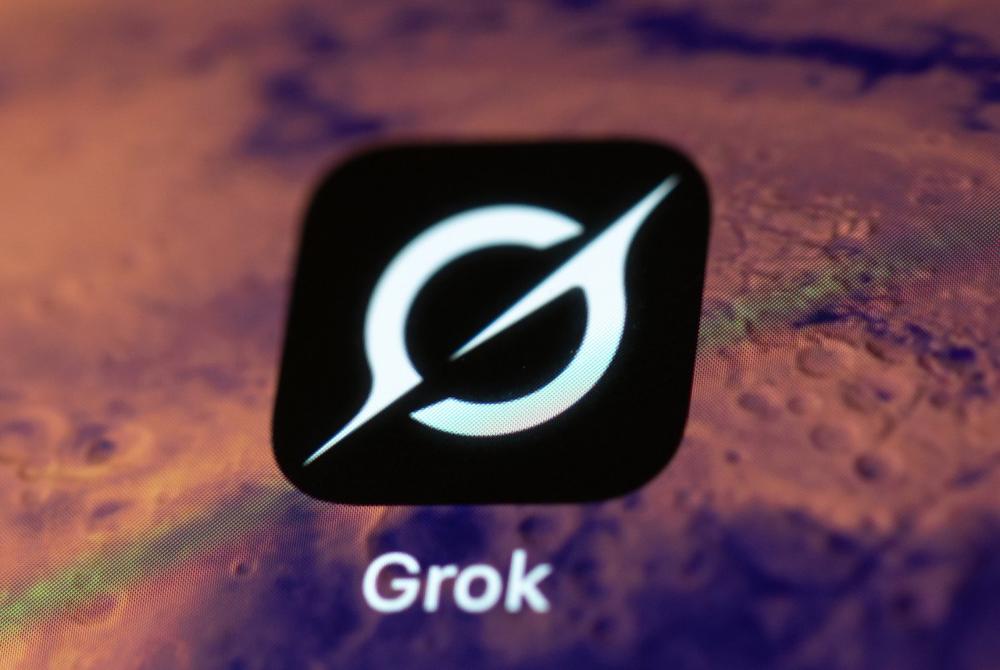Amazon has agreed to settle a Federal Trade Commission lawsuit accusing the e-commerce giants of tricking customers into signing up for Prime and then making it frustratingly hard to cancel.
In a press release Thursday, the FTC confirmed that, pending court approval, Amazon will pay a $1 billion civil penalty and provide $1.5 billion in refunds to an estimated 35 million customers "harmed by their deceptive Prime enrollment practices."
The civil penalty, the FTC noted, is "the largest ever in a case involving an FTC rule violation," and the refunds to customers are "the second-highest restitution award ever obtained by FTC action."
Amazon also agreed to stop "unlawful enrollment and cancellation practices for Prime," meaning it will soon be easier than ever to unsubscribe.
The FTC specified that means that Amazon must display "a clear and conspicuous button for customers to decline Prime" and stop using a button deterring cancellations that said, "No, I don’t want Free Shipping."
Amazon must also post prominent disclosures describing how auto-renewals and cancellations work, as well as offer "an easy way for consumers to cancel Prime, using the same method that consumers used to sign up."
"The process cannot be difficult, costly, or time-consuming," the FTC said.
Moving forward, Amazon must also pay for "an independent, third-party supervisor to monitor Amazon’s compliance" with the distribution of customer refunds.
Celebrating the victory after a 3–0 vote approving the settlement, FTC chairman Andrew Ferguson described Amazon's $2.5 billion payout as a "record-breaking, monumental win for the millions of Americans who are tired of deceptive subscriptions that feel impossible to cancel."
The press release cited internal documents in which Amazon executives and employees "knowingly discussed" how hard it was to cancel Prime, exchanging messages admitting that "subscription driving is a bit of a shady world" and suggesting that forcing unwanted subscriptions was “an unspoken cancer.”
"The evidence showed that Amazon used sophisticated subscription traps designed to manipulate consumers into enrolling in Prime and then made it exceedingly hard for consumers to end their subscription," Ferguson said. "Today, we are putting billions of dollars back into Americans’ pockets and making sure Amazon never does this again."
Amazon did not immediately respond to Ars' request to comment.

 Amazon is bringing back Rick Moranis for the Spaceballs sequel
Amazon is bringing back Rick Moranis for the Spaceballs sequel